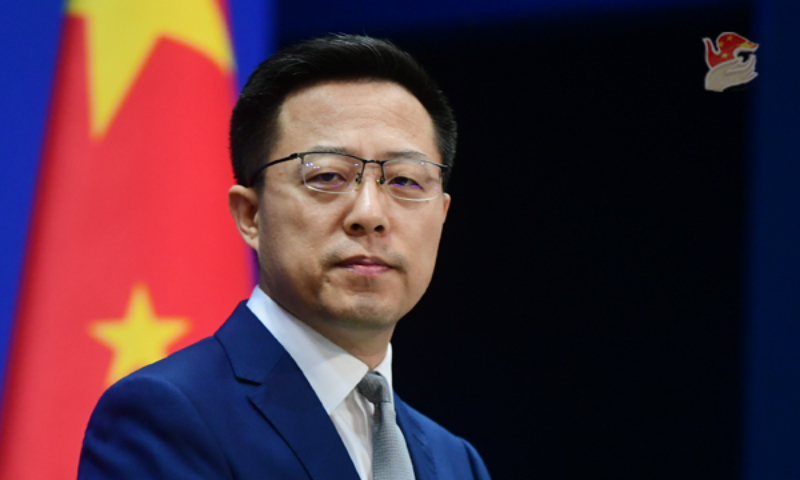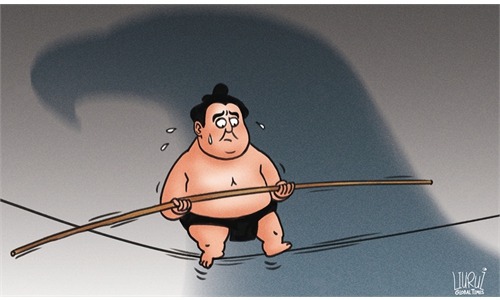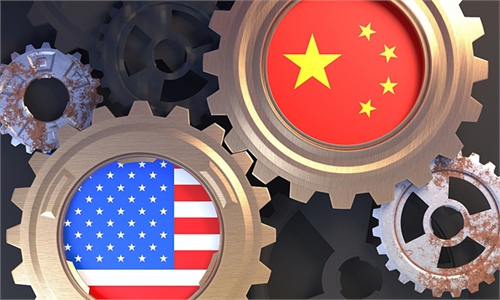China blasts US coercion of Japan, Netherlands over chip ban, urges countries to make correct judgements

Zhao Lijian, spokesperson for the Chinese Foreign Ministry Photo: fmprc.gov.cn
China's Foreign Ministry on Monday blasted the reported US move of trying to coerce Japan and the Netherlands to follow its path in banning chip technology to China, while calling on relevant countries to make correct judgements based on their own interests and those of the international community.
Some Western media outlets including Bloomberg have reported that the US is working on an agreement that would require chipmakers in Japan and the Netherlands to put limits on sales of chip-related equipment to China.
The global chip-production equipment market is dominated by US companies such as Applied Materials, as well as ASML Holding NV in the Netherlands and Japan's Tokyo Electron. Therefore, the US action is aimed at urging its allies to further block China's chip technology development, experts noted.
"Attempting to block others will eventually diminish the US itself," Zhao Lijian, a spokesperson for China's Foreign Ministry, said at a regular press conference on Monday, when asked to comment on the reported move.
According to the spokesperson, it is nothing new for the US to abuse state power, relying on technological superiority to impose economic coercion on allies and maintain its own hegemonic self-interest. The US has politicized technological, economic and trade issues, and engaged in technology decoupling from other countries. Its intentions are well known, Zhao said.
According to Nikkei Asia, a high-ranking US Commerce Department official will visit the Netherlands this month, and it is likely that full-fledged discussions will begin soon with Japan.
China hopes that the parties concerned will uphold an objective and impartial position, making correct judgments independently based on their own long-term interests and the fundamental interests of the international community, Zhao noted.


